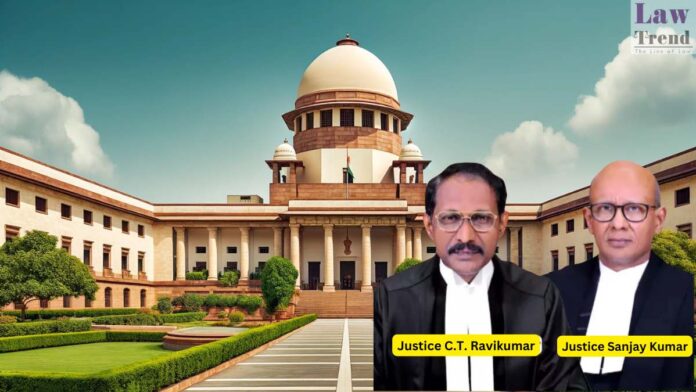In a significant ruling, the Supreme Court of India reaffirmed the principles governing adverse possession, dismissing Civil Appeal Nos. 3159-60 of 2019 and upholding the High Court’s verdict in favour of Rajendra Kumar Gupta (respondent). The two-judge bench, comprising Justice C.T. Ravikumar and Justice Sanjay Kumar, ruled that permissive possession cannot evolve into adverse possession




